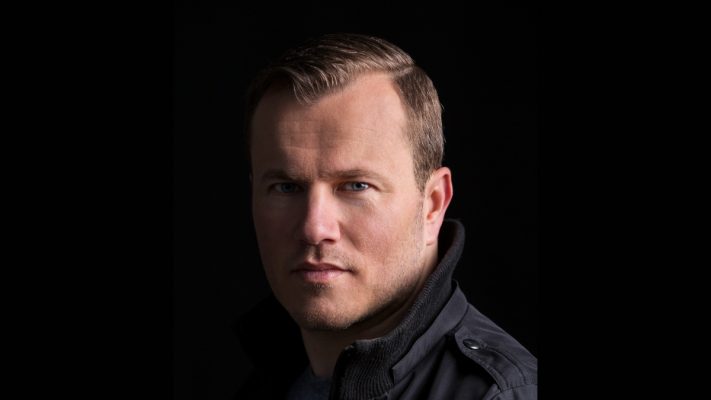We got in touch with Dutch producer Namatjira aka Joost van der Vleuten. Producing under various monikers in the early days, Joost decided to diversify his sound even more. In 2007 began producing as Namatjira with great success and got signed by the great Armada Music.
After that, signings soon followed on labels including Visa Versa Music, T.U.S.O.M. and No Smoking Recordings, and Namatjira releases were supported by trance and progressive house superstars alike, including Paul van Dyk, Tiësto and Hernan Cattaneo. Deciding that the Namatjira direction should be deeper and less trancier than his other projects, Joost took increasing inspiration from artists like Hernan Cattaneo, Sasha and John Digweed.
In 2012 Joost decided that Namatjira what needed all focus and put all of his other projects on hold. And it hasn’t taken long for his decision to be validated; 2012 to date has seen him release on Mistique Music, Particles and Lowbit Records.
Today Namatjira’s records are easy making their way into the collections of every major progressive DJ….
We sat down with this talent to talk about the story he has to tell with his new album release “Moons of Yesterday“. Sit down and enjoy the read.
Connect with Namatjira on Soundcloud | Spotify |Instagram | Facebook | Twitter | namatjiramusic.com
Hello Joost, how are you doing these days?
I’m doing really fine! The release of my second artist album is at the front of the door, so I’m really excited about all the reactions it will gain.
Are you surviving in this strange period? How do/did you spend your time in lockdown?
During the first months of this period I worked as a nurse on the A&E unit in the hospital. This was a hectic period.
You have an album ready “Moons of Yesterday”. Thirteen tracks! Can you talk us through the process? When did it start, what’s the idea behind it, the creative process.
As it’s already five years ago ‘Friends Without Benefits’ came out it was time for me to work on a new album. In the early stage I got in contact with Paul Hazendonk of Manual Music who was very interested in working together on this. The process was a long one since we had a lot of music to choose about and in the end I decided to skip some tracks which I wasn’t happy with any more and change them with new ones.
Moons of Yesterday is out on Beatport »
Is there a specific message behind the title of the tracks?
With this album and the first one, I want to let people hear what I’m capable of. I’t not just progressive-house.
Why an album and not single releases?
I love to tell stories with my music. With an album it’s almost like a book. Every track is a new episode in the book. This book has 13 episodes.
What impact does producing an album have on you, comparing it with single releases? Do you still work on single tracks when working on an album?
Some tracks felt right for the album and others are more singles releases, this happens during the process. As I told earlier, I skipped some tracks, because some new ones, felt better for the album.
What’s your creative process when writing music? Do you have an idea in mind or do you somehow experiment and see what’s coming?
Most of the times I start with writing a melody, then adding the bassline, kicks, hats and percussion and then I’ll start to arrange the track. So you begin with the part of the track that’s most important.
But there are tracks on the album that started with percussion, a bassline and a kick. I started with an arrangement and added new things when the track grows. That’s a whole different approach. It’s really refreshing working on different ways.
How do you store the ideas that come to mind?Do you have a way of working to store those for future use?
At the moment I think I have maybe 30 snippets of tracks that I started and stopped. Some are just 2 min. others are 7 min.
There is a moment in my producing routine I don’t feel a track any more, because I played it over and over again. When you stay working on it, you’ll ruin the track. When that moment comes I’ll stop and open the project a month or maybe two or three months later. When I then stilll feel the track I can finish it.
How do you balance your music with other obligations – mates, partner, job?
When there is some spare time, I can work in the studio. When my son’s asleep, or my wife is working, I’m able to work in the studio. Sometimes that’s every day and sometimes it’s once a week.
What’s in store for the rest of the year?
After the album release we will see what’s going to happen. There are a few new tracks that are finding there way to some excited labels.
Thank you
Thank you for having me! I hope everyone likes this new book of mine 😉

